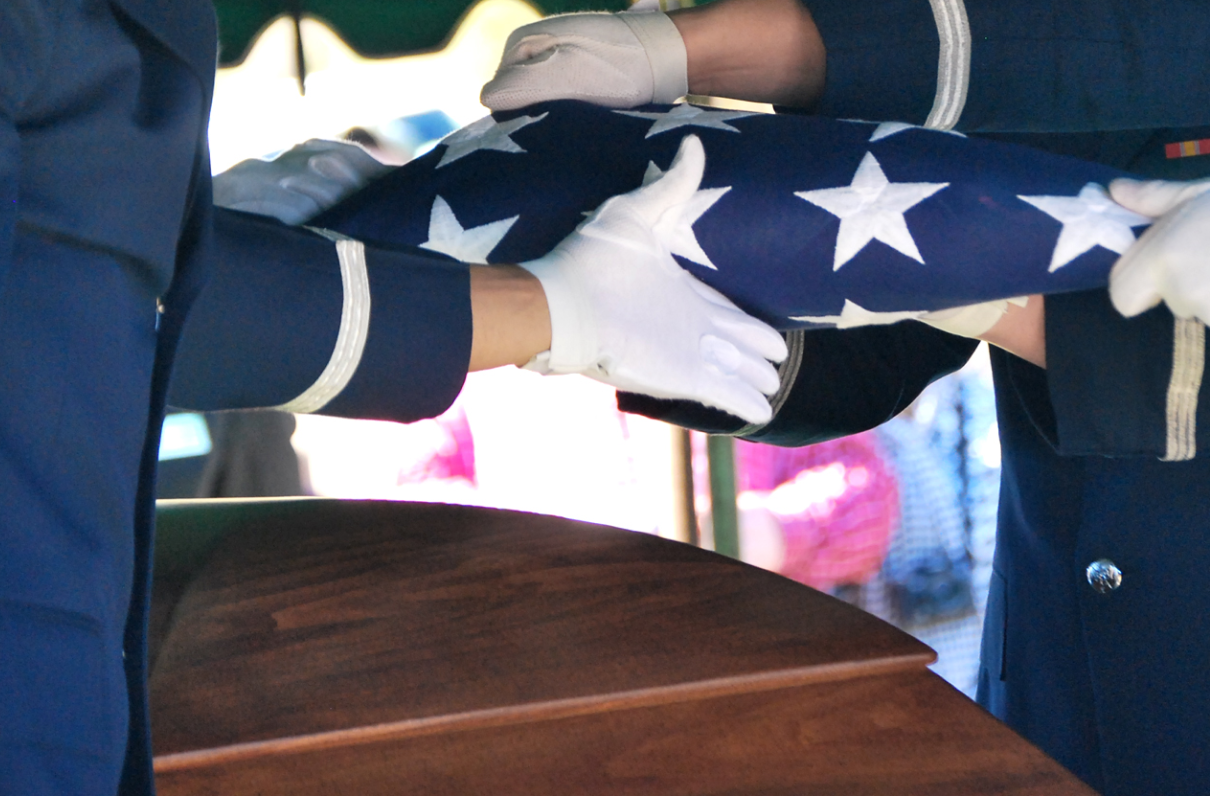With midterm elections already on the minds of our elected officials, timing for advocacy for the Caring for Survivors Act could not be better. This bipartisan legislation would make much-needed improvements to Dependency and Indemnity Compensation (DIC), and all co-sponsors we gain now will carry over to the next legislative session.
[TAKE ACTION: Ask Your Elected Officials to Co-Sponsor the Caring for Survivors Act]
This important legislation would raise DIC to the same levels as other federal survivor programs. It would boost DIC to 55% of the compensation of a 100% disabled veteran, up from the current 43%; correcting this injustice is long overdue.
The bill would also reform the so-called “10-year rule,” which currently prohibits survivors from receiving DIC benefits if a 100% disabled servicemember dies of a non-service connected injury less than 10 years after receiving that disability rating. The law allows beneficiaries to receive a portion of DIC beginning at five years, with that amount gradually rising until full compensation at the 10-year mark.
Securing passage of the bill is the No. 1 goal for The Military Coalition’s Survivor Programs Committee. The coalition, which represents nearly 5.5 million members of the uniformed services community, has long fought for survivor benefits; MOAA is proud to play a leadership role within and throughout the coalition.
The legislation is championed in the Senate (S. 976) by Sens. Jon Tester (D-Mont) and John Boozman (R-Ark.), and in the House (H.R. 3402) by Rep. Jahana Hayes (D. Conn).
“Families who lost their loved ones in the line of duty or from a service-related injury shouldn’t have to worry about their economic security,” said Tester, chairman of the Senate Committee on Veterans’ Affairs. “Our bipartisan bill will fix outdated policies, bringing surviving spouses and family members’ earned benefits in line with other federal programs. And it’ll reduce bureaucratic red tape to ensure no survivor is unfairly kept from the benefits they need in the future.”
Boozman said the legislation to bring DIC benefits in line with other federal survivor programs “will help us continue to honor the promise we made to servicemembers and their families. Our bill will allow us to better care for the loved ones of troops who have made the ultimate sacrifice.”
Hayes said she introduced the House version of the bill “to ensure survivors get the benefits their loved ones have earned. We owe it to the brave men and women who put their lives on the line to take care of their families and get them the support they need. I thank my colleague Chairman Tester for his continued partnership on behalf of service members and their families and hope to see this bill advance in the near future.”
[RELATED FROM 2020: Separating Myth from Fact in the Dependency and Indemnity Compensation Act]
Unfortunately, the unofficial cost estimate for this legislation is very high – roughly $20 billion over 10 years. This means MOAA needs your dedicated advocacy to help build a majority of co-sponsors for S.976 and H.R.3402. Get fired up and activate your networks across friends, family, and social media to encourage legislators to join the ranks; check these links for lists of co-sponsors for the House and Senate bills.
Send a letter to your legislators at this link, or consider using MOAA’s toll-free line to the U.S. Capitol switchboard – 866-272-MOAA (6622) – to connect with your legislators' offices. Be sure to use your own words and experiences when speaking with staffers and asking for their support; this DIC Fact Sheet from The Military Coalition on the Caring for Survivors Act is useful when reaching out to your elected officials.
Follow MOAA news sources to track updates on this and other legislative goals for the new year.

